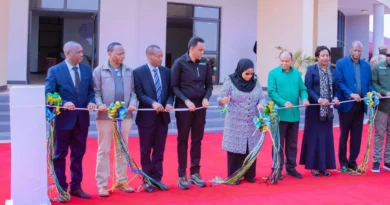FRA Should Balance Up Maize Supply, Demand Market Models
The FRA maize buying programme has become both a lifeline and a liability in Zambia’s agricultural economy.
On one hand, it provides small-scale farmers with a ready market and a measure of income stability, while ensuring that the nation maintains strategic reserves to protect against food shortages.
On the other hand, when the agency sets prices too high or procures excessive volumes, it crowds out private sector traders, drives up government spending, and ultimately fuels mealie-meal inflation for ordinary households.
The real balancing act for government lies in protecting farmers without destabilizing food markets.
FRA should act as a strategic reserve manager rather than a dominant buyer. Its role must be limited to maintaining adequate stocks and intervening only when there are genuine risks of shortages or sharp price swings.
Farmer support should instead be channelled through productivity-enhancing measures like input support, warehouse receipt systems, and crop diversification programmes.
For consumers, targeted social protection is more effective than distorting maize prices at the farm-gate.
In short, Zambia needs to transition from an FRA-driven market to a rules-based, private-sector-led maize system where FRA provides a safety net rather than setting the pace.
This approach would safeguard both farmer livelihoods and consumer food security while easing fiscal pressures on the state.



